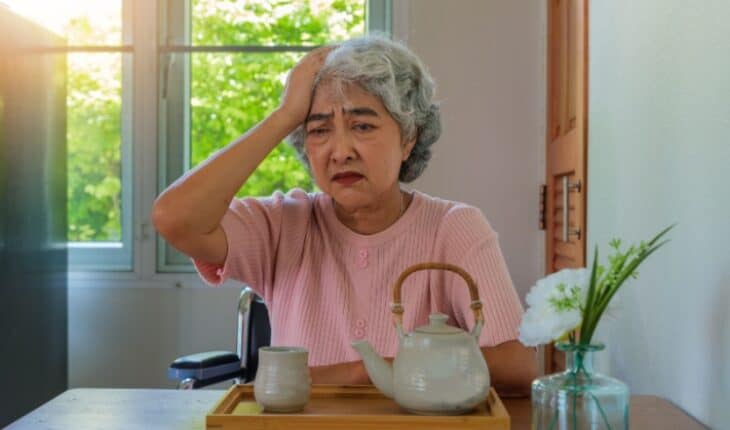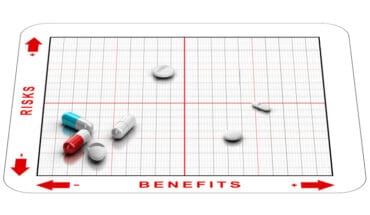Signs Your Elderly Parent Needs Help: It is not easy to ask for or accept assistance when you need it, but it’s even harder for elderly parents who are in a position of care all their lives and now are the ones who need to be cared for.
Mum and dad are not likely to be the ones to tell you when they need help, and if you start spotting the signs that they do need it, they’re going to get very defensive when you suggest it. Seniors have a very strong desire to remain the independent adults they’ve been their entire lives, so the fact that you, their child, may now be telling them that they need help is not the easiest thing for them to hit. The problem is that you need to be able to tell them when they need help, sometimes, even if they don’t want to hear it.
You’re going to need to be able to tell them about the research that you’ve done into pressure saws and wound option help if they are showing signs of pressure wounds. Websites such as https://pensarmedical.com/negative-pressure-wound-therapy/ can be a good start to show them what you’ve been reading, but the added stress of an unexpected hospitalization can be complicated for a senior.
An elderly parent needs help. They’re not going to ask and they’re not going to listen if you tell them. Not unless you don’t give up. So being able to regularly monitor your parents physical and mental abilities and encouraging proper legal and financial planning, you can ensure that their long-term care options are as positive as possible. Here are the signs that your elderly parent needs your help.
- Daily living becomes difficult. They’re no longer bathing or grooming on a regular basis, they are struggling with dressing themselves and they are having issues with toileting and continents. If your elderly parent is struggling with walking and transferring themselves from bed to chair, they are not eating and drinking as well as they used to, or they’re having difficulty swallowing their food or drinks, then reaching out for help is a smart idea. You should also be letting them know that you are going to be getting them some additional support because you spotted the signs and then they need it.
- You notice changes in their physical function. One of the easiest signs that an elderly parent needs help is that they’ve dropped a lot of weight unexpectedly fast. Noticeable weight loss is usually due to a poor diet and they are struggling with cooking or even eating. They may be confused when shopping for food on their own, and they may find it difficult to put their food together. You may also notice that this clothing is soiled, although not dressing appropriately for the season, because they’ve forgotten how. Poor personal hygiene and unpleasant body odor as a result of infrequent bathing is a sign that help is needed. Are there bruises or wounds or other marks on the body that could indicate changes in mobility? Understanding how to look after pressure wounds may not be on just your shoulders, but you need to reach out to people who do understand it, and they can teach you how to help.
- Their behavior is changing. If you’ve always seen your parents as people who are driven and ambitious, but that change in behavior has caused a lack of drive or lack of motivation in life, then this is a good sign that they need your help. If they’ve lost interest in their hobbies or their activities and they are struggling to keep track of their time, then giving them some help to do what they need to do and get support is important. These signs are not easy to notice as a child of an elderly parent, but these are signs that you have to prepare yourself to see.
- They are dealing with extreme mood swings. This is really difficult to deal with if you’ve always known your parents to be loving and pleasant. If their mood and demeanor has changed to the point that they are swearing or snarling at you, then it’s going to be hard for you to cope with. You have to be able to separate the fact that you are their child from the person in front of you because they are changing. It’s not. Of course it doesn’t stop it from hurting, but increased agitation and verbally or physically abusive behaviors aren’t their norm, which means that this is because of a brain change and not because of something that you’ve done.
Caregiving is really on a spectrum, so you have to find a solution that matches their needs. Sometimes that can be twice weekly housekeeping, or it can be skilled nursing care. And on a living basis there can also be something in between. But if your gut is telling you that something is not right, then always listen to that. You know your parents as well as they know you, which means that you’re going to notice even.Most subtle changes in behavior and the subtle changes in their homes.
- Gut microbiome could delay onset of type 1 diabetes - 3rd April 2025
- The da Vinci 5 Robot Is Set To Transform Bariatric Care: - 31st March 2025
- Beyond money: the hidden drivers fuelling child food insecurity - 31st March 2025






